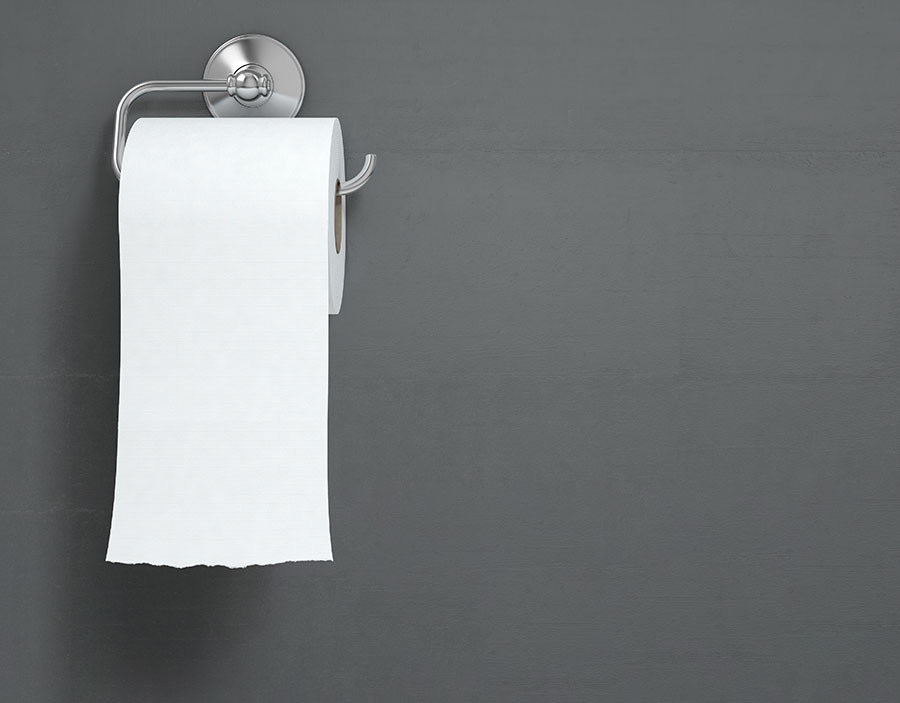Post-surgical problem
A common complaint following surgery is constipation. Dr. Constance Chen, plastic surgeon and breast reconstruction specialist, suggests ways to prevent post-surgical constipation or minimize its effects:
- Ask your surgeon if it’s possible to avoid or reduce using opioids for pain control; substitute with acetaminophen, nonsteroidal anti-inflammatories (NSAIDs), gabapentin and other non-opioids.
- Follow your doctor’s instructions about what and when to eat. When possible, eat a high-fiber diet before and after surgery, emphasizing whole grains, fruits, vegetables, beans, nuts and seeds.
- Snacking or eating small, frequent meals may promote digestive activity.
- Avoid foods that promote constipation like dairy products, processed foods, bananas and refined grains.
- Drink lots of fluids. Stay well-hydrated to promote bowel movements that aren’t dry and hard.
- Start moving around as soon as your doctor gives you the OK, even moving arms and legs as much as possible while still in bed.
- With your doctor’s approval, take a stool softener, usually one that includes docusate sodium, to draw water from the intestines and moisten the stool, making it easier to pass. Do not take or use over-the-counter laxatives, probiotics, enemas or suppositories without talking to your doctor first.
“There’s no timetable or formula for determining when your bowel habits have returned to normal,” Dr. Chen says. “If you have a history of constipation, it’s a good idea to bring it up with your doctor to discuss strategies to minimize the effects.”
Source: PR Newswire

